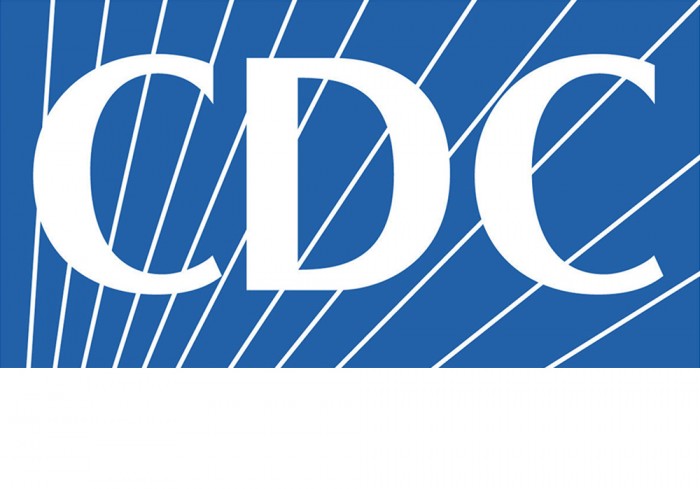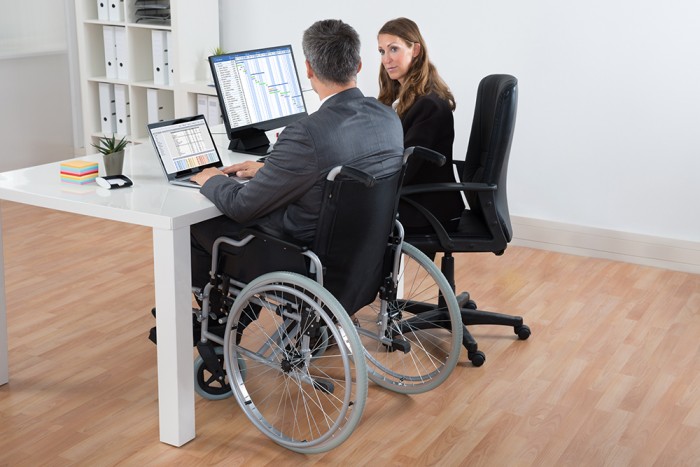Thursday, January 18, 2024
10:30 am – 11:30 am EST; 9:30 am – 10:30 am CST;
8:30 am – 9:30 am MST; 7:30 am – 8:30 am PST
Register
Jo Barta, MD
Analise Ludwig, AuD, CCC-A, FAAA
Graham Scheck, PhD, CCC-SLP
Speaker/Panelist Bios:
Jo Barta, MD
Dr. Barta is a self-proclaimed “triple gopher,” having completed her undergrad, Medical School, and residency training all at the University of Minnesota. She went on to pursue a fellowship in Craniofacial & Pediatric Plastic Surgery at Seattle Children’s Hospital & University of Washington before being recruited back to the Twin Cities. She is currently the division leader for the Craniofacial & Pediatric Plastic Surgery team at Gillette Children’s Hospital, St. Paul, MN, and a surgeon for the cleft and craniofacial team at the University of MN.
Dr. Barta is board certified by the American Board of Plastic Surgery. She holds an academic position as an adjunct and associate professor for the University of Minnesota Medical School and is actively involved with many national and international societies for cleft and craniofacial care. She enjoys running, volunteering on surgical trips, traveling, and spending time with family.
Analise Ludwig, AuD, CCC-A, FAAA
Dr. Ludwig is an Audiologist with a Doctorate of Audiology from the University of Minnesota and a Certification of Clinical Competency in Audiology. She is a Fellow of the American Academy of Audiology. She participates in the American Speech-Language-Hearing Association, American Cleft Palate-Craniofacial Association, and the American Academy of Audiology, and she is a former president of the Minnesota Academy of Audiology. She has participated as a member of the Minnesota Department of Health’s Speech-Language and Audiology Advisory Council.
Dr. Ludwig’s goal is to provide comprehensive, flexible, and family-centered audiologic care. She works collaboratively with children, adults, and their caregivers to maximize hearing ability so patients can engage in and enjoy everyday life. In her free time, Dr. Ludwig enjoys spending time with her family, friends, and chihuahuas, playing the violin, cooking Italian food, and running.
Graham Schenck, PhD, CCC-SLP
Dr. Schenck is a Craniofacial Speech Scientist and Outpatient Lead SLP at Gillette Children’s in St. Paul, MN. He is also an adjunct professor in the Department of Communication Sciences and Disorders at the University of Wisconsin-River Falls. Graham has over eleven years of clinical and research experience in cleft palate and craniofacial differences. He specializes in the assessment and treatment of resonance disorders, speech sound disorders, and feeding/swallowing disorders across the lifespan. Graham’s current research lines include MRI and 3D imaging to evaluate the velopharyngeal complex and examining the efficacy of NMES dysphagia treatment in children with cerebral palsy.
Objectives: At the end of this session, the learner will:
- Define, identify, and briefly describe complex medical diagnoses that require multidisciplinary care from an accredited craniofacial team;
- Describe typical craniofacial team composition and roles of team providers (e.g., plastic-craniofacial surgery, speech-language pathology, and audiology); and
- Describe surgical and rehabilitation pathways for medically complex patients with craniofacial differences, including functional restoration of anatomy, airway management, and principles of feeding, speech, and hearing assessment and treatment.
Audience: This webinar is intended for all members of the rehabilitation team, including medical staff, nurses, physical therapists, occupational therapists, speech language pathologists, licensed psychologists, mental health professionals, and other interested professionals.
Level: Intermediate
Certificate of Attendance: Certificates of attendance are available for all attendees. No CEs are provided for this course.

















